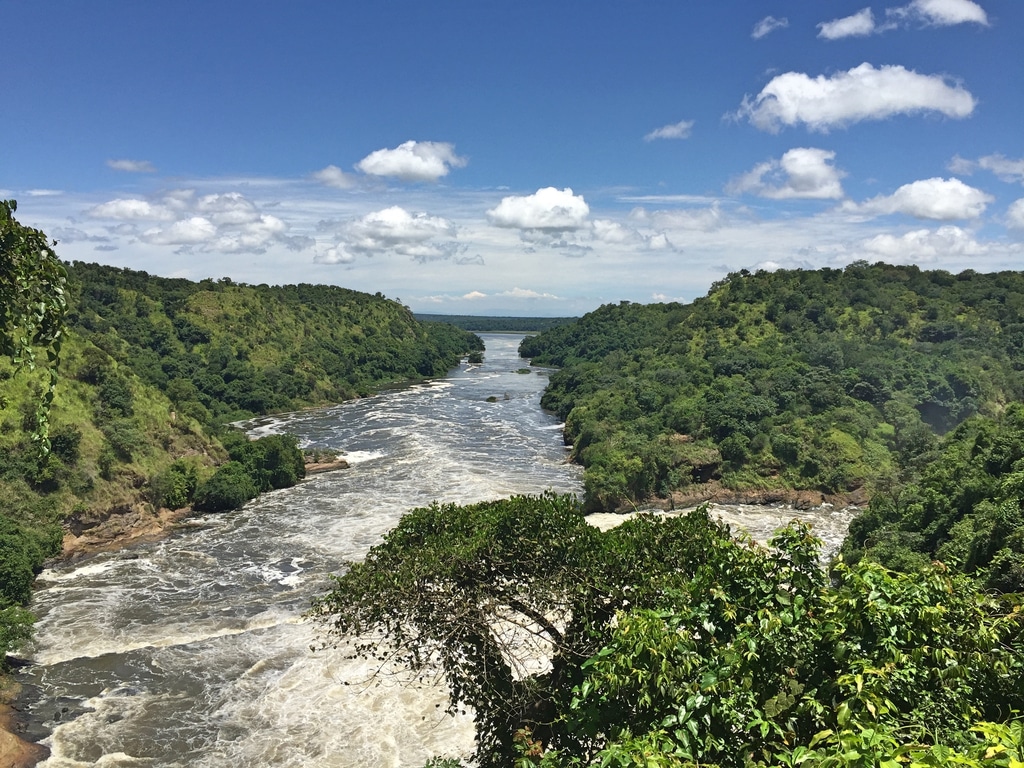The World Bank and the Government of the Kingdom of Sweden are concerned about the protection of biodiversity in the Albertine region of Uganda. They recently awarded a grant of $3.3 million (over 12.3 billion Ugandan shillings) to the government of this East African country to support the burdens associated with the management of wildlife resources in the region, as well as forest reserves. This protected area is at the heart of Uganda’s tourism industry, making a major contribution to its economy in terms of foreign exchange earnings and employment.
The grant will be disbursed over a two-year period through the Uganda Multi-Donor Trust Fund (MDTF), a fund administered by the World Bank, of which Sweden is the lead donor.
Project details
In Uganda, the Albertine region lies on the country’s western border. The Albertine Rift also covers parts of the Democratic Republic of Congo (DRC), Rwanda, Burundi and Tanzania. According to the World Wildlife Fund (WWF), the Albertine Rift Forest System is the most important forest system in Africa in terms of biodiversity. It is said to be home to 14% of all African reptiles (175 species), 19% of African amphibians (119 species), 35% of African butterflies (1300 species), 52% of all African birds (1061 species), 39% of all African mammals (402 mammal species), about 128 species of fish, etc. The World Wildlife Fund (WWF) estimates that the Albertine Rift Forest System is the most important in Africa in terms of biodiversity.
In order to protect the part of this biodiversity that is found in Uganda, the authorities plan to use the $3.3 million grant to develop various activities in the Albertine region of the country. The aim is to improve the monitoring and protection of the forests in this region, as well as its protected areas. Funding from the World Bank and Sweden is also expected to be used to improve the livelihoods of communities in the target region, thus combating the effects of climate change. The World Bank is working closely with the Uganda Wildlife Authority (UWA) and the National Forestry Authority (NFA) to implement the biodiversity conservation project.
Inès Magoum
